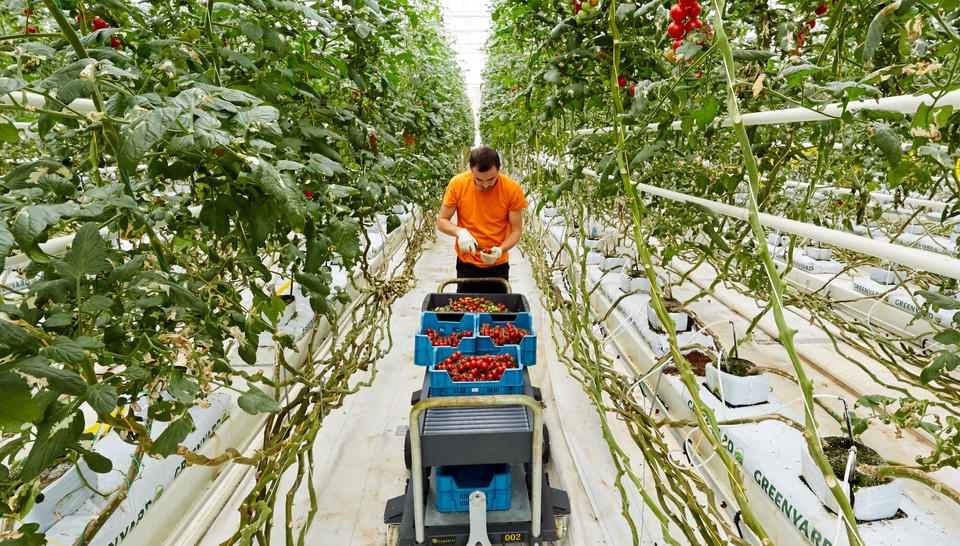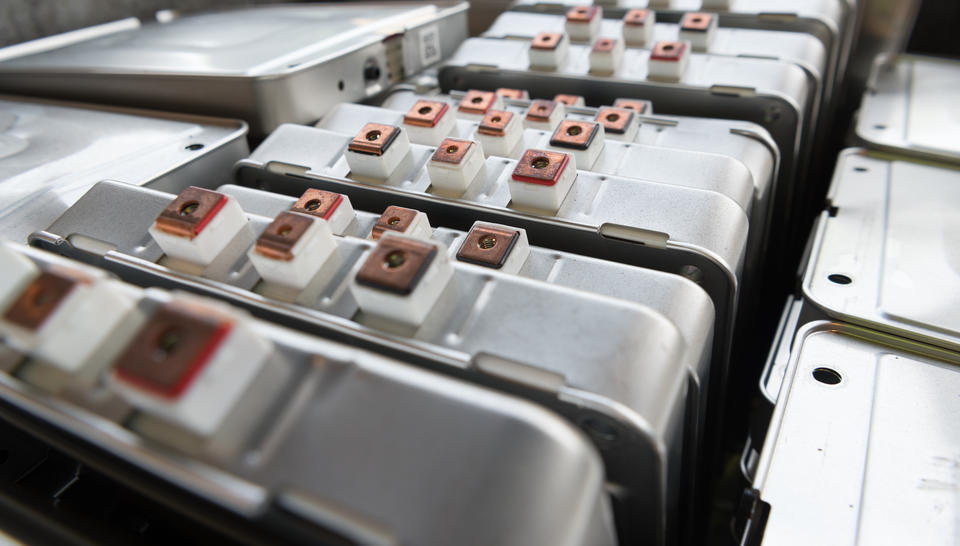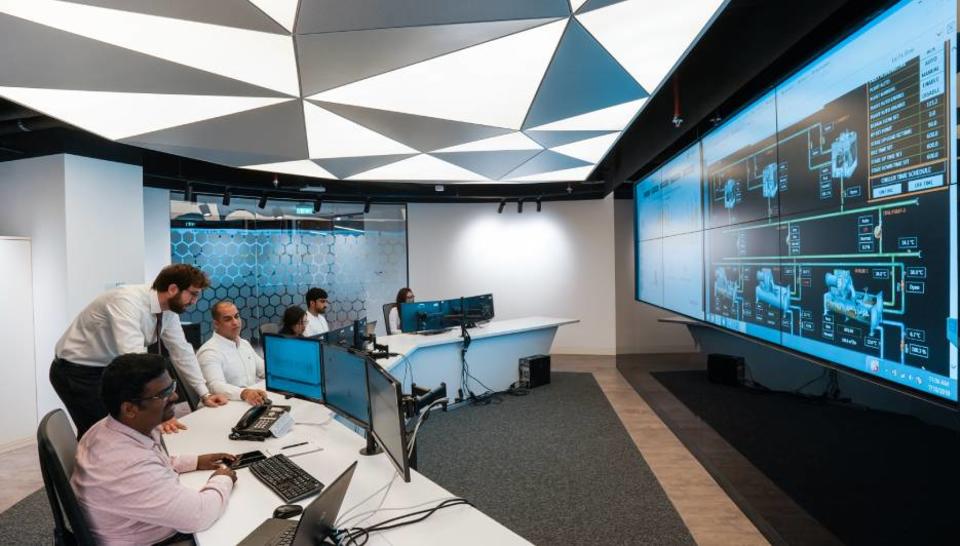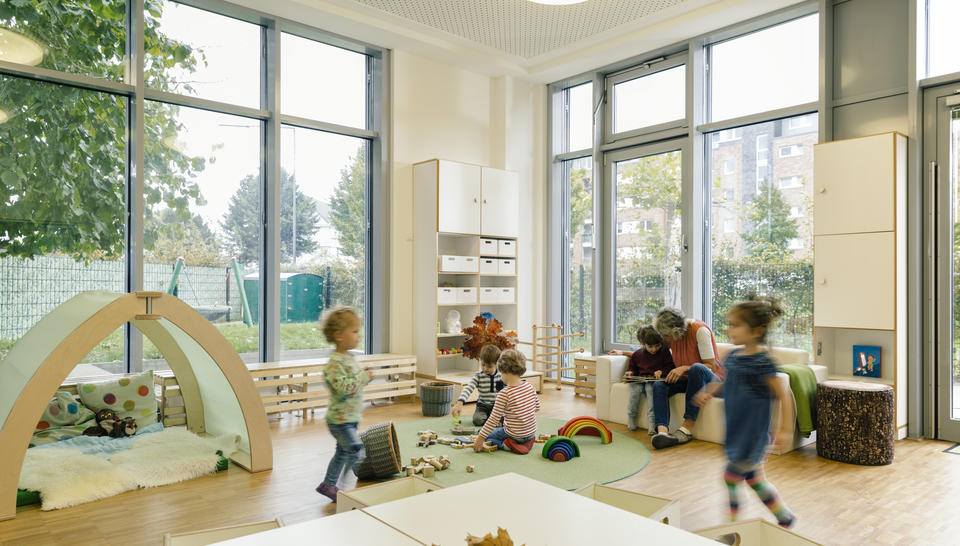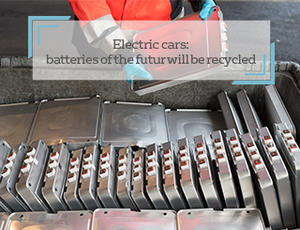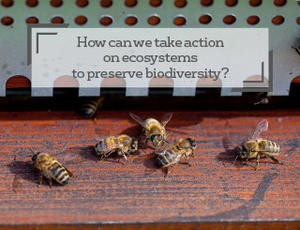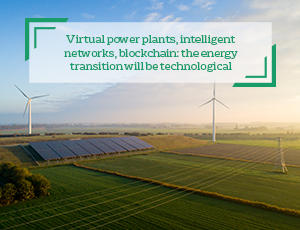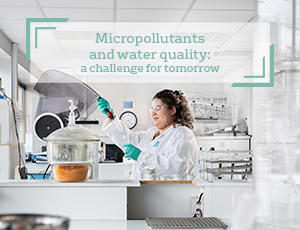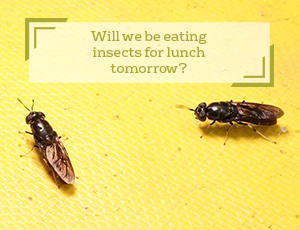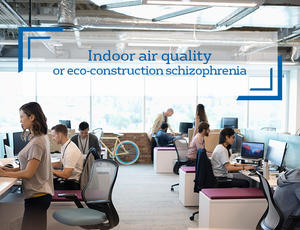Climate change, resource depletion, biodiversity loss, multiple pollution sources... these urgent issues have propelled the ecological transformation challenge to the top of Veolia's priority list. We know that half of the ecological solutions already exist and that the other half still needs to be invented. Driving ecological innovation with and for all our stakeholders is the pathway to addressing these challenges and allowing everyone to meet their biological, human and social needs with the aim of improving living standards and sustainability on our planet.
Repair, adapt and transform
Veolia develops innovations and solutions in response to three different timescales.
- Innovate to repair the consequences of the ecological debt in the short term, such as cleaning up pollution, recycling waste and restoring biodiversity.
- Innovate to adapt to extreme weather conditions in the medium term, while anticipating the future imbalances and disruptions that could potentially be caused by adaptation solutions, such as the soaring growth of the electric vehicle market.
- Innovate to transform our social and business models, and guarantee their "net zero impact" in the long term, including eco-design, bioconversion, and CO2 capture and storage.
An impactful innovation
To truly deliver a strong impact, ecological innovation has to be an innovative range of solutions with the ability to satisfy our actual needs (biological, human and social) and serve our stakeholders. Our actions must be real game-changers and produce a positive impact on the climate and the environment.
Local: we develop solutions around the world as part of a bottom-up approach to meet the needs of our customers, industry professionals and local authorities according to their specific constraints and the resources available.
Collaboratively developed: for each local market, our innovations are based on dialogue and consultation with all stakeholders, including our customers, industry professionals and local authorities, scientific communities, our partners and citizens.
In Veolia's eyes, ecological innovation is local, collaboratively developed, data-driven, high-tech and cost-effective.
Data-driven and high-tech: we are firm believers in fostering partnerships to meet our customers' specific needs and develop technological innovations. An integrated approach to data use is the key to promoting and accelerating the development of these solutions.
Cost-effective: to deliver the maximum impact, we believe that innovations must be profitable. They can only be profitable and sustainable if they improve performance in several different areas, such as economic, business, environmental, social and societal performance.
With these aims in mind and in alignment with its multi-faceted performance strategy, the Group has set up a number of KPIs, including a specific indicator for rolling out innovative solutions.
Veolia's approach to ecological innovation also features several aspects, such as scientific, technological, commercial, social and business dimensions, to create the new services and markets required to move the ecological transformation agenda forward
Four priority fields to drive the ecological transformation strategy
To sustainably manage our increasingly depleted resources, Veolia is leading the way to new material loops.
To convert each item of waste into a resource, we are working alongside our customers and partners to develop new processes for encouraging eco-design principles, upcycling manufacturing by-products, improving product recyclability, reusing wastewater and promoting bioconversion.
To tackle climate change, we are masterminding new carbon-free energy services bringing superior performance and resilience. The aim is to ensure continuous and long-term access to an energy source with minimal greenhouse gas emissions.
To protect our health against new forms of pollutants, we are inventing leading-edge solutions to combat pollution, improve indoor air quality and guarantee micropollutant-free water.
To ensure that demographic changes and new climate issues do not stand in the way of greater quality of life for everyone, we are looking for new food chain models and solutions to mitigate the consequences of climate change.



